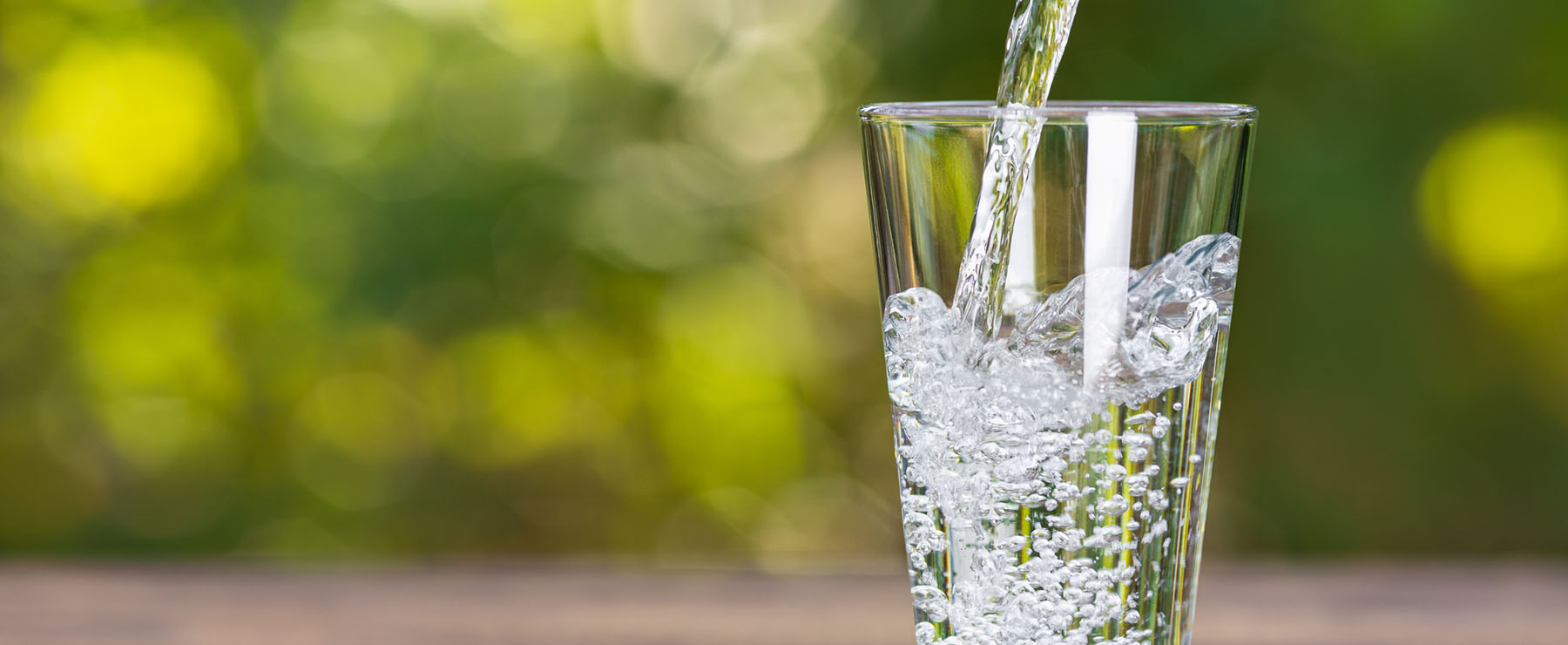
Water is essential to good health. But how much does a person need? How much water is necessary to drink each day? It seems like a simple question but there is no easy answer.
Numerous studies have produced different recommendations over the years. The reason is that each individual’s water need depends on many factors. Some of these include the person’s health, how active they are, and where you live.
Water is the body’s principal chemical component and makes up about 50% to 70% of body weight. The human body depends on water to survive. Every cell, tissue, and organ in your body needs water to work properly. For example, water:
- Gets rid of wastes through urination, perspiration, and bowel movements
- Keeps a body’s temperature normal
- Lubricates and cushions joints
- Protects sensitive tissues
Lack of water can lead to dehydration — a condition that occurs when you don’t have enough water in your body to carry out normal functions. Even mild dehydration can drain your energy and make you tired.
Absent, inadequate, or inappropriately managed water and sanitation services expose individuals to preventable health risks. Some 842,000 people are estimated to die each year from diarrhea as a result of unsafe drinking water, sanitation, and hand hygiene. But diarrhea is largely preventable, and the deaths of 361,000 children aged under 5 each year could be avoided each year if these risk factors were addressed.
785 million people lack even a basic drinking-water service, including 144 million people who are dependent on surface water.
– World Health Organization – June 14, 2019
Every day people lose water through breath, perspiration, urine, and bowel movements. For the body to function properly, individuals must replenish their water supply by consuming beverages and foods that contain water.
So how much fluid does the average, healthy adult living in a temperate climate need? The U.S. National Academies of Sciences, Engineering, and Medicine determined that an adequate daily fluid intake is:
- About 15.5 cups (3.7 liters) of fluids a day for men
- About 11.5 cups (2.7 liters) of fluids a day for women
These recommendations cover fluids from water, other beverages, and food. About 20% of daily fluid intake usually comes from food and the rest from drinks.
Most healthy people can stay hydrated by drinking water and other fluids whenever they feel thirsty. For some people, fewer glasses of water a day might be enough. But other people might need more.
You might need to modify your total fluid intake based on several factors:
Exercise. If you do any activity that makes you sweat, you need to drink extra water to cover the fluid loss. It’s important to drink water before, during, and after a workout.
Environment. Hot or humid weather can make you sweat and requires additional fluid. Dehydration also can occur at high altitudes.
Overall health. Your body loses fluids when you have a fever, vomiting, or diarrhea. Drink more water or follow a doctor’s recommendation to drink oral rehydration solutions. Other conditions that might require increased fluid intake include bladder infections and urinary tract stones.
Pregnancy and breastfeeding. If you are pregnant or breastfeeding, you may need additional fluids to stay hydrated.
Proper hydration through water depends upon a reliable source of clean drinking water. In the aftermath of a natural disaster, you might only need it for a few days to a couple of weeks until the water utilities are back online. But for those who live in areas with no reliable clean water source, a dependable source of filtered water might be needed for months or even years.
The LightWaterLife 4-gallon container drinking water system utilizes a Sawyer® water filter that attains the highest level of filtration available today. The filters are comprised of tiny “U” shaped micro tubes that allow water to enter into their core through tiny micro pores. The PointOne Filter pores are so small (0.1 micron absolute) that no bacteria, protozoa, or cysts like E. coli, cholera or typhoid, can get through. At 7 log (99.99999%) the filter attains the highest level of filtration available today. The system can filter up to 500 gallons a day with a 100,000-gallon lifespan (or about ten years).
Source: The Mayo Clinic | World Health Organization

